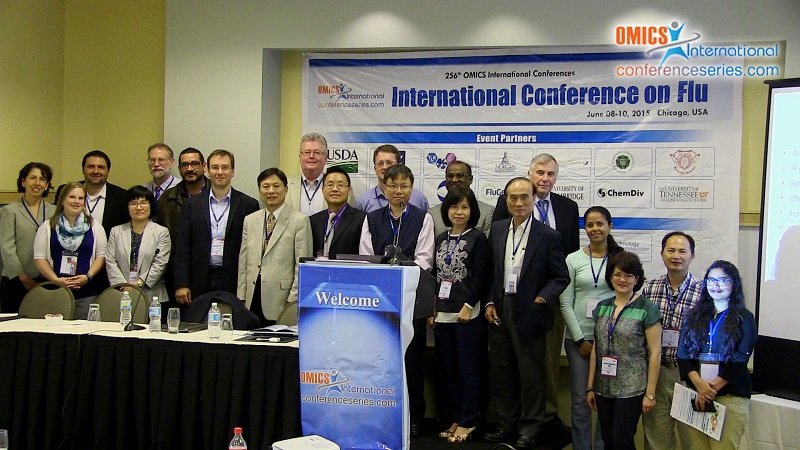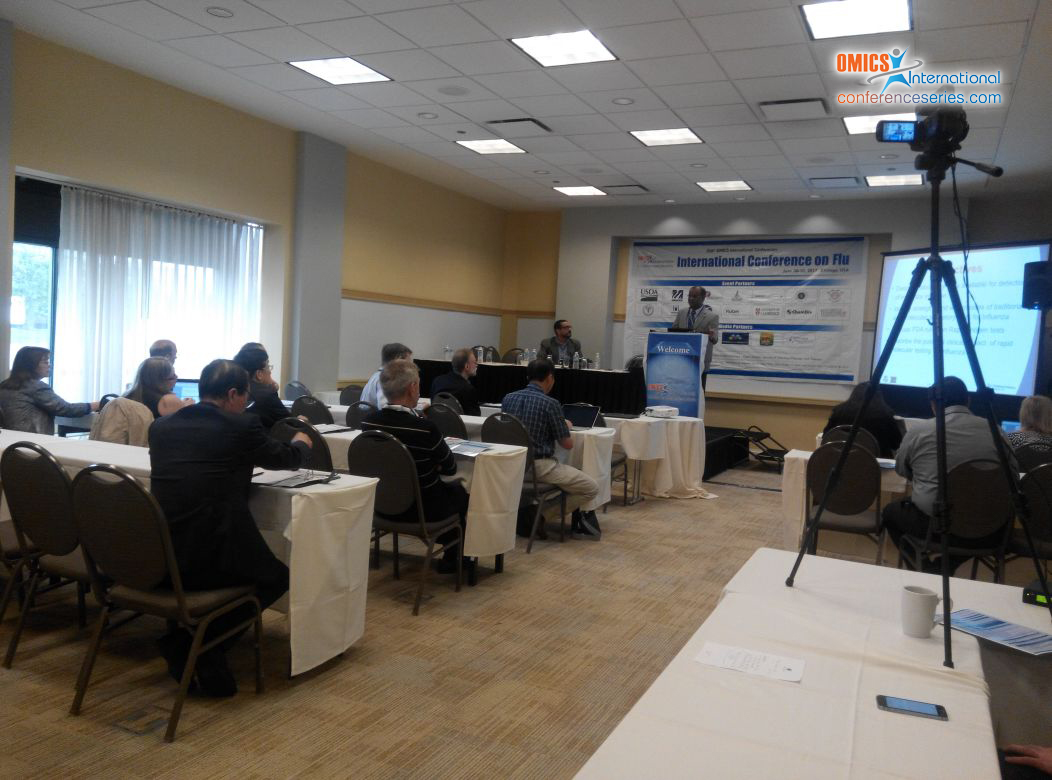
Uri Galili
UMass Medical School
USA
Title: A novel approach for inhibiting progression of flu virus infection at early stages of the disease by inhalation of -gal/sa liposomes
Biography
Biography: Uri Galili
Abstract
The proposed therapy aims to accelerate healing in flu patients treated at early stages of the disease and accelerate induction of a protective immune response, thereby preventing further complications. The therapy is based on inhalation of aerosolized biodegradable liposomes called -gal/SA liposomes that present multiple carbohydrate epitopes of two types: -Gal epitopes with the structure Gal1-3Gal1-4GlcNAc-R and sialic acid (SA) epitopes with the structure SA6Gal1-4GlcNAc-R. This treatment exploits the ability of flu virus hemagglutinin to bind to SA epitopes and ability of the natural anti-Gal antibody to bind to -gal epitopes. Anti-Gal is the most abundant natural antibody in humans, constituting ~1% of immunoglobulins. Inhaled -gal/SA liposomes land in the mucus and surfactant coating the respiratory tract and act as a “decoy”. They bind flu virus via hemagglutinin/SA epitope interaction, thereby slowing or preventing further infection of respiratory epithelial cells. Concomitant anti-Gal binding to -gal epitopes on -gal/SA liposomes activates the complement system and generates chemotactic complement cleavage peptides (e.g. C5a) that recruit multiple macrophages to the liposomes. The recruited macrophages internalize the liposomes and flu virus bound to their SA epitopes as a result of Fc/Fc receptor interaction between Fc of anti-Gal IgA and IgG on -gal/SA liposomes and Fc receptors on macrophages. Internalized virus is destroyed within the macrophages by lysosomes. Recruited macrophages further function as antigen presenting cells that process immunogenic peptides of the internalized virus, transport them to regional lymph nodes and present these immunogenic peptides on MHC molecules for activation of CD4+ and CD8+ T cells specific to the infecting flu virus. Activated CD4+ T cells function as helper T cells that help B cells to produce antibodies which neutralize the virus and thus inhibit its ability to infect respiratory epithelial cells. Activated CD8+ T cells differentiate into cytotoxic T cells (CTL) that kill virus infected epithelial cells thus preventing further progression of the viral infection. These combined effects of inhibiting viral infection of epithelial cells and induction of rapid anti-flu B cell and T cell protective immune responses may shorten the disease duration, attenuate its severity and decrease complications in the respiratory system.
Speaker Presentations
Speaker PDFs
Speaker PPTs Click Here



